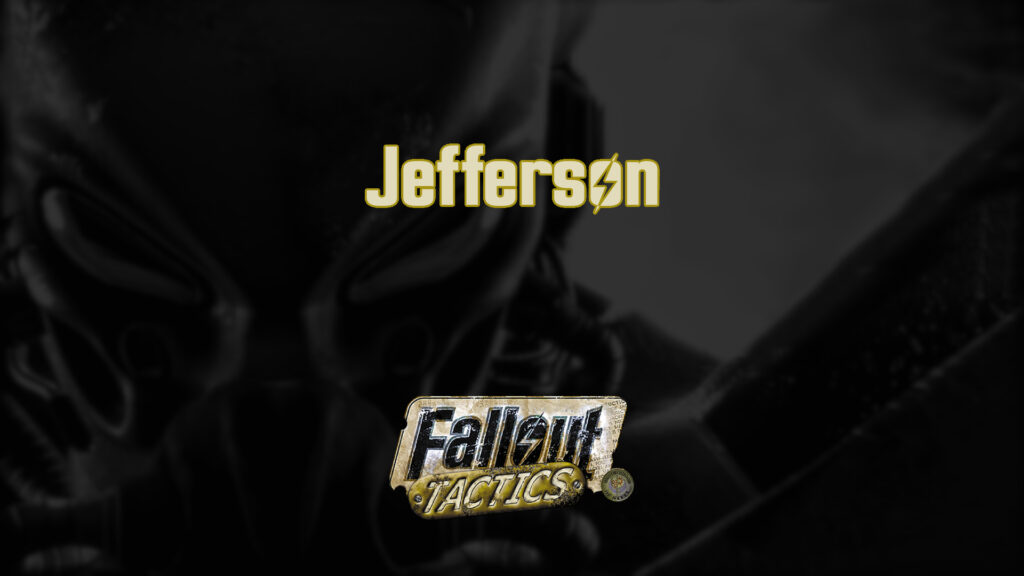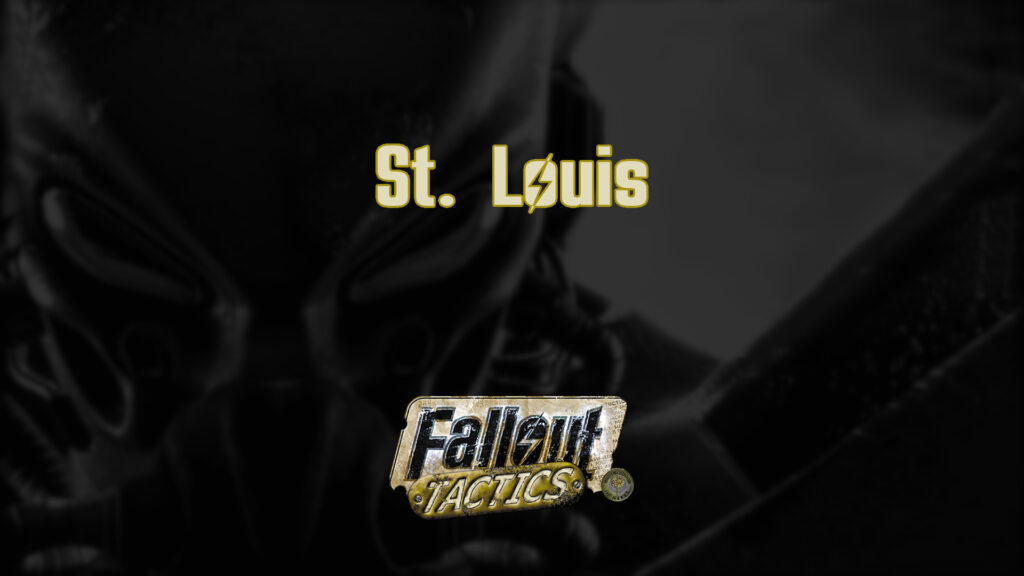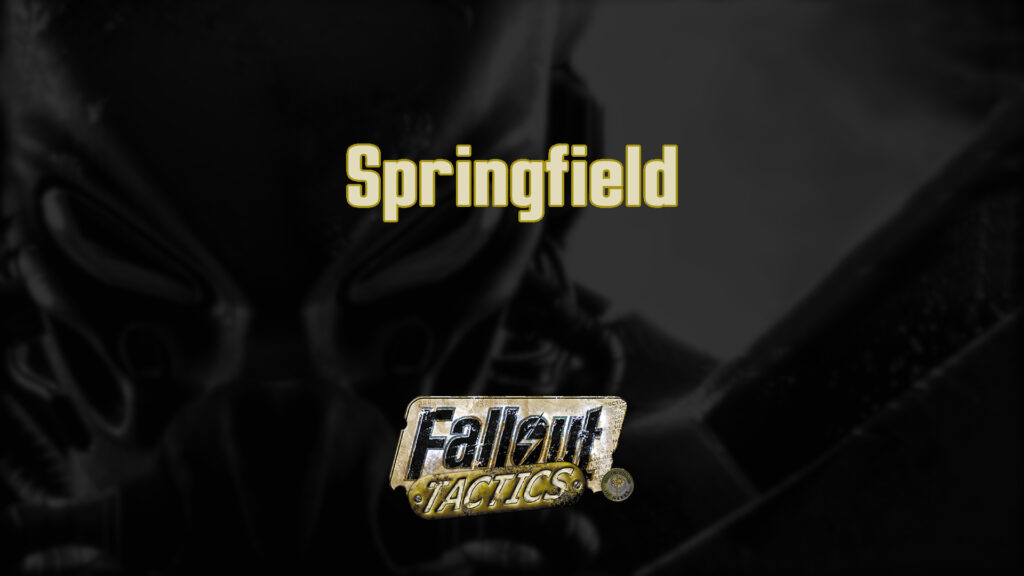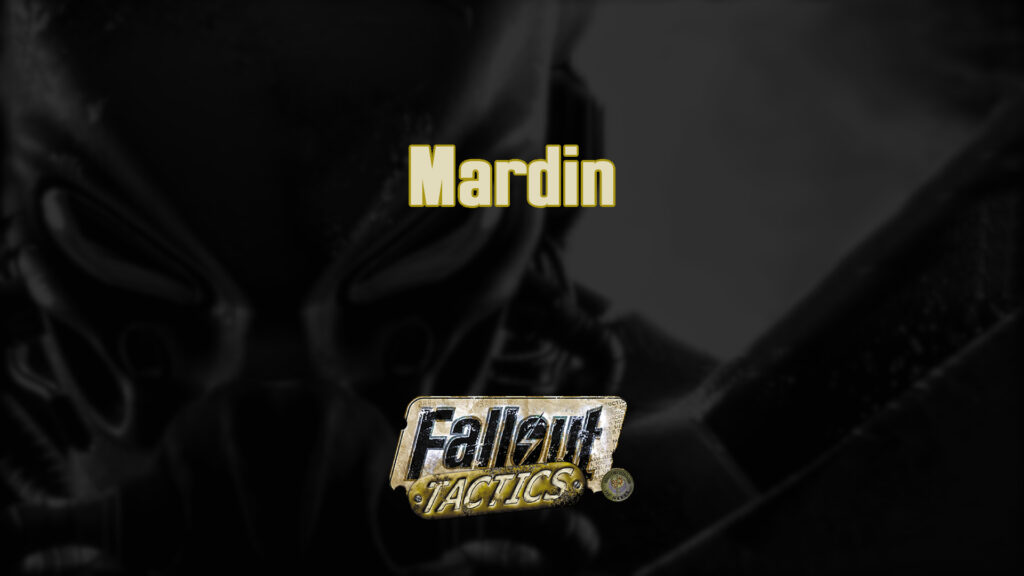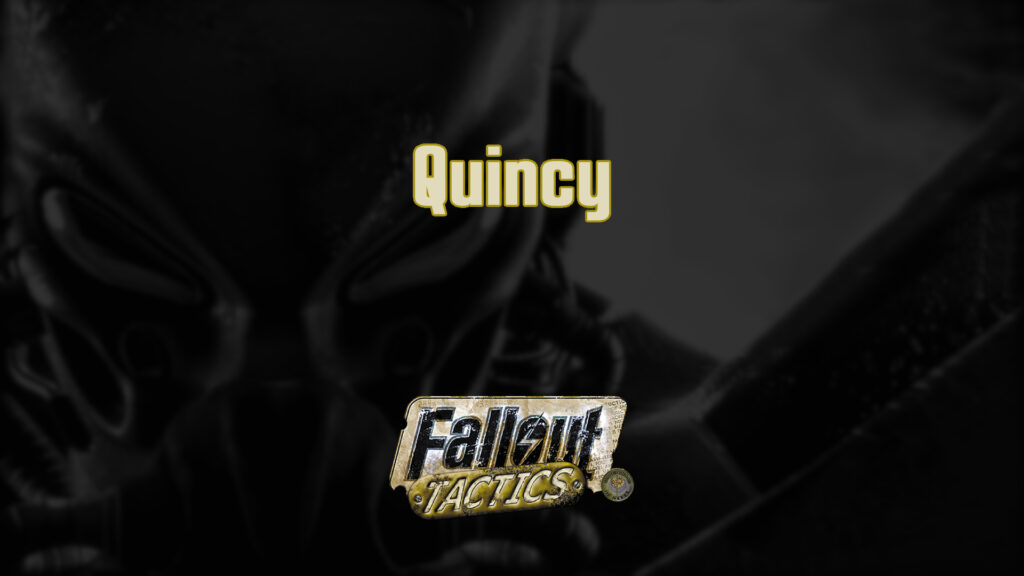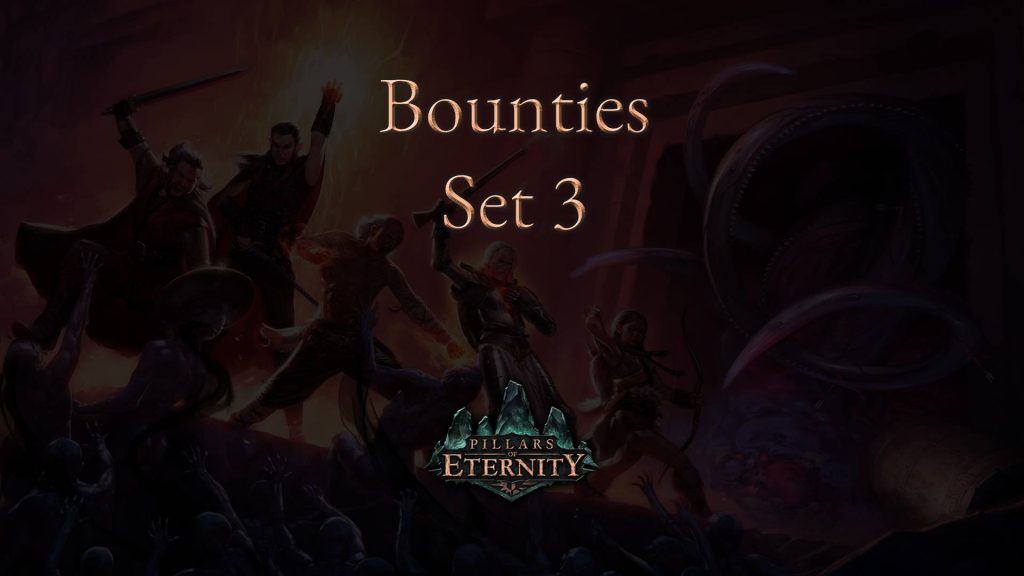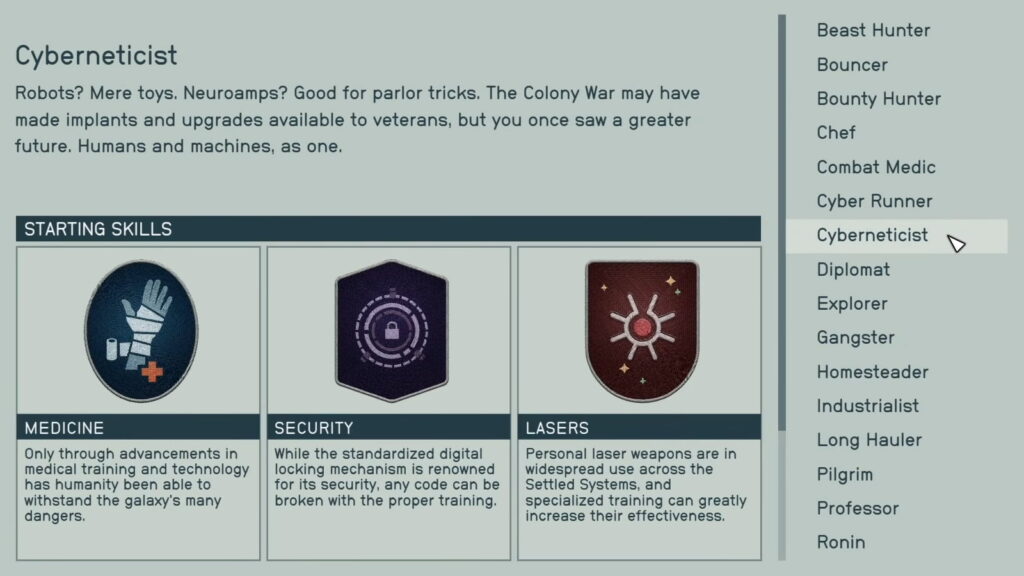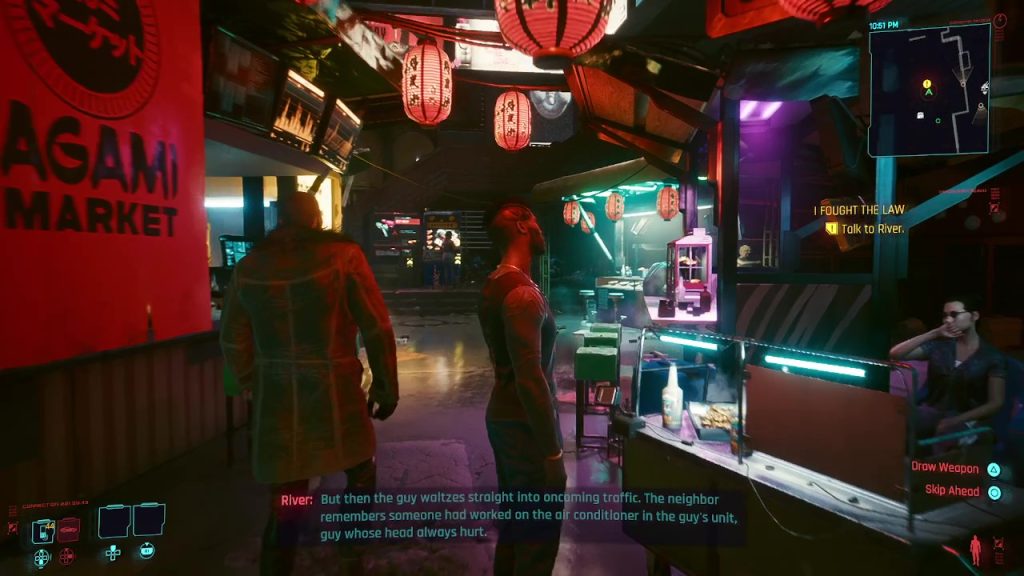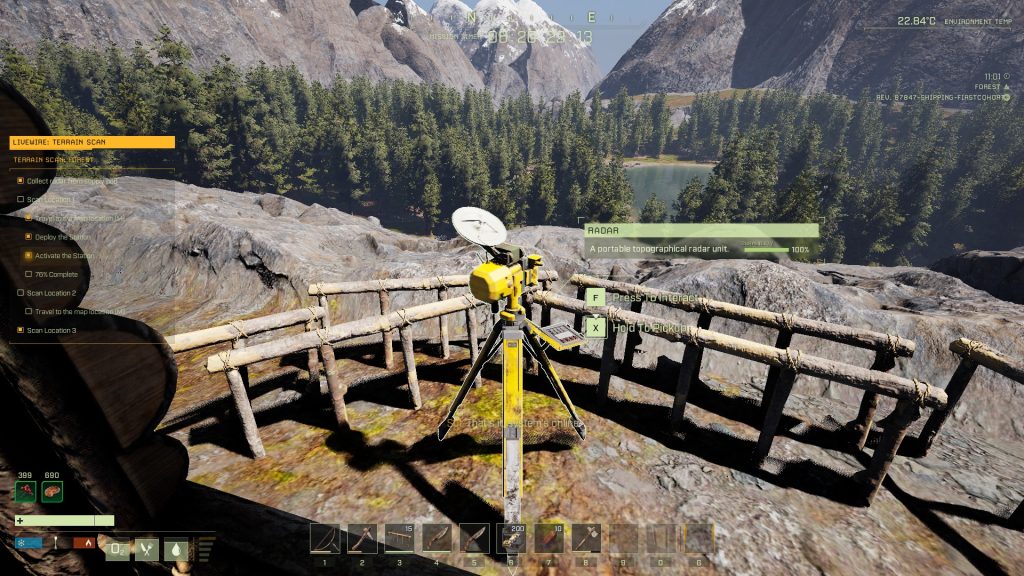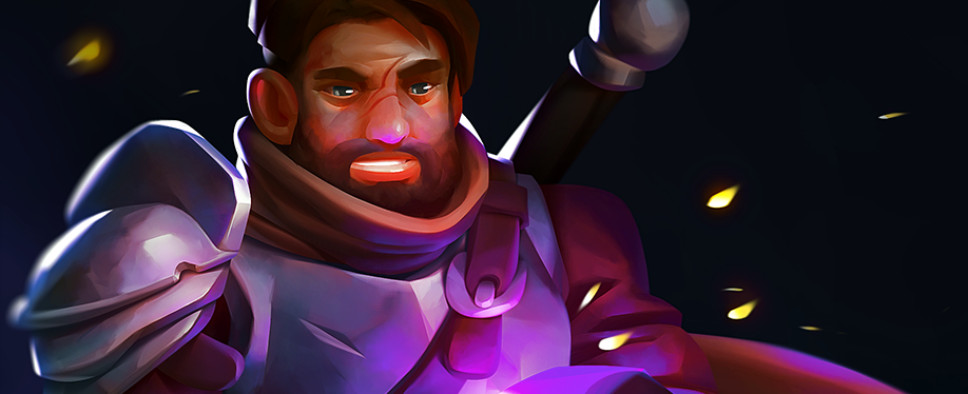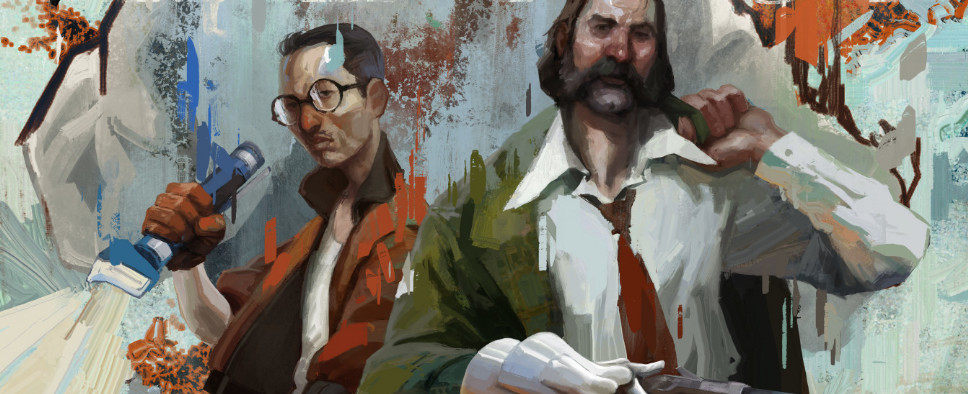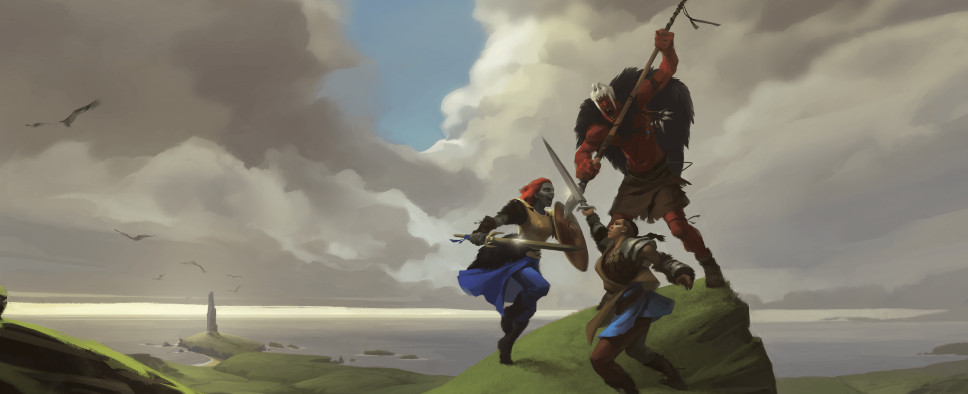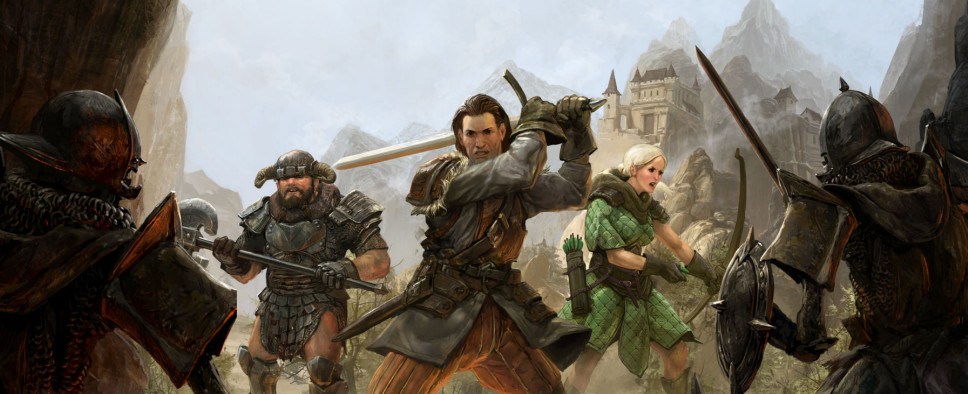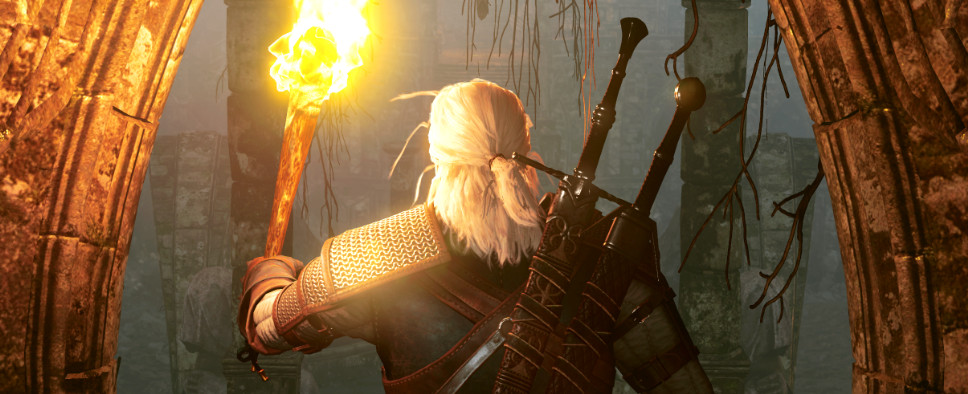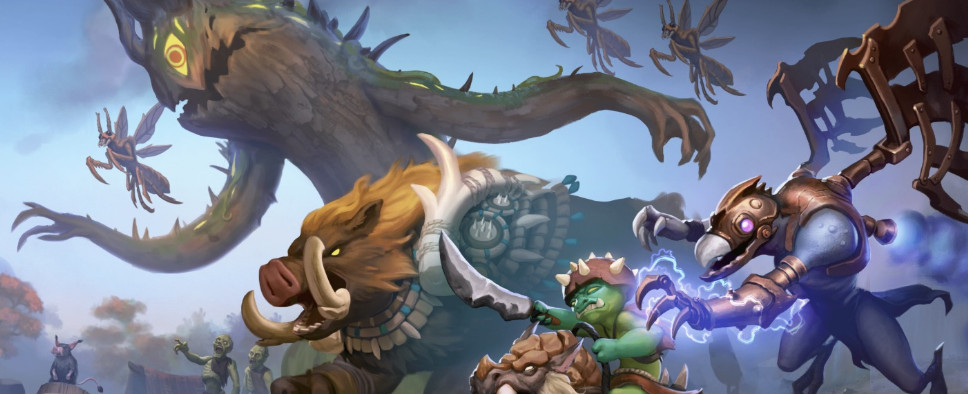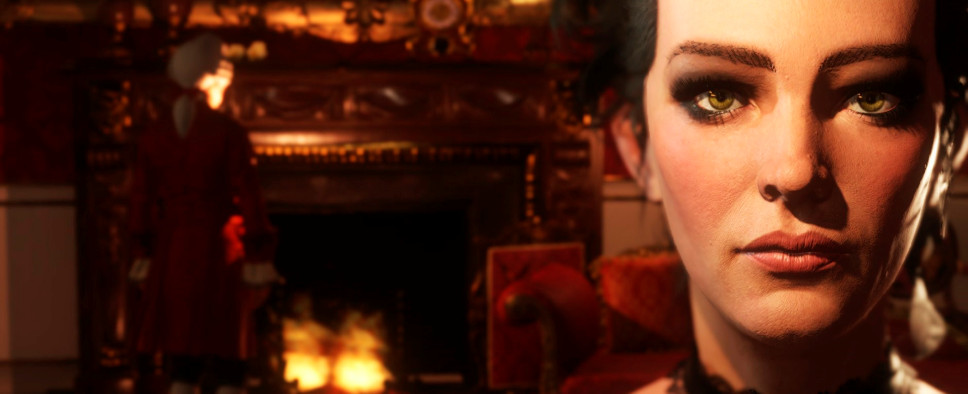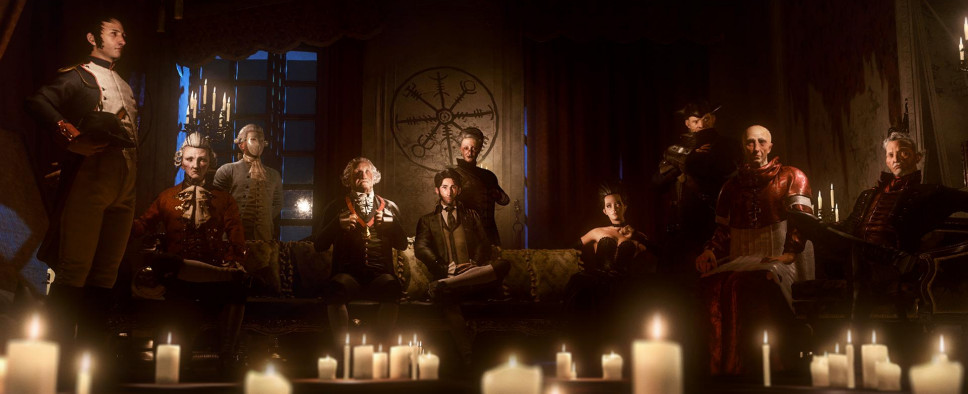Introduction
Developed by Big Bad Wolf Studio, The Council is an episodic narrative adventure game with a good deal of RPG elements spicing things up. The game's five episodes were released back in 2018 to some fairly warm reception, which allowed Big Bad Wolf to start working on Vampire: The Masquerade - Swansong, their next story-driven project set in the World of Darkness universe.
And seeing how originally The Council was positioned as an RPG, then later transformed into a narrative adventure, and with Swansong’s announcement was once again reclassified as a narrative RPG, it’s easy to get lost in the intricacies of genre mixing. Instead, it’s much easier to play through the game ourselves and find out first-hand what it’s all about.
Story and Gameplay
In The Council you play as Louis de Richet, a French aristocrat from around the time of the French Revolution and a member of an influential secret society specializing in all things occult. The game opens with you and your mother tied to a chair and interrogated by some unpleasant individual.
This intro sets the game’s events into motion and wouldn’t be out of place in some Indiana Jones movie, with your mother playing the part of The Last Crusade’s Sean Connery, and you standing in for Indy himself. It also does a really poor job of picking a tone and sticking with it. Perhaps the game’s rather weak voice acting is to blame, but I really struggled to figure out whether the intro was supposed to be tense and foreboding, or light-hearted and adventurous, which unfortunately is a recurring issue throughout the game.
To the game’s credit, despite this fairly noticeable shortcoming, it still manages to pull you in and present you with an intriguing story where you want to know what happens next. And after a while even its voice acting starts to grow on you and goes from grating to endearing. At least it did for me.
Once the intro is over and the real game begins, you find yourself on a remote island off the coast of England where a certain Lord Mortimer is throwing a gathering for prominent world leaders, including some notable historical figures like Napoleon Bonaparte and George Washington, in order to help steer the course of history.
Your main objective is to locate your mother who disappeared under mysterious circumstances a few days prior to your arrival. But during your search, you also get tangled in a web of intrigue surrounding the French purchase of Louisiana and its subsequent cession to the United States. Add to that an Agatha Christie-style murder mystery, some surface-level Lovecraftian elements, and a plot twist that happens roughly halfway through the game and sends it completely off the rails (more on this later), and you get The Council.
By now you may be wondering about the gameplay systems supporting a story like this. Basically, The Council’s gameplay can be split into three distinct parts. First, you have these interactive cutscenes where you get your fill of the story, make various choices and participate in occasional quick-time events. Next are the game’s dynamic conversations, during which you can learn more about Lord Mortimer’s guests, find important clues, and influence certain historical events. And last but not least are the fairly traditional point and click sections where you explore Lord Mortimer’s mansion and solve puzzles of varying difficulty.
Soon after you arrive on the island, you’re asked to pick a class. The options include a Diplomat, an Occultist, and a Detective. Each class has access to five unique skills, but you can still learn the remaining ten if you pay some extra skill points that you gain by leveling up. You do that by completing the game’s chapters and secondary objectives. And with each episode containing several chapters, you can also read books between them and get additional skill points that way.
On top of that you have talents that measure your progress and reward you with certain bonuses or penalties. And also traits that act pretty much exactly like talents, but you can’t see their prerequisites beforehand.
In order to use your skills, be it during a conversation or while exploring, you will need to spend a few of the so-called Effort points. You get a limited number of these per chapter, but you can restore them by using certain consumable items. And while using skills during exploration is fairly straightforward, dialogues are a bit more tricky. You see, each NPC in the game has a list of vulnerabilities and immunities. If you exploit a character’s vulnerability, you get some Effort points back, but if you inadvertently run into an immunity, you get a temporary penalty on all subsequent skill checks, which can really sting in a prolonged verbal confrontation.
Combine it all together and you get an engaging system where you have to carefully consider which skills you might want to level up, when to use them, and when to boost them with consumables. At least initially.
As the story progresses, you’ll get enough skill points to cover every skill in the game, and after a while you’ll have enough consumables to last you a lifetime. This leads to a situation where during the early chapters, you’ll be making tough mutually-exclusive choices and rationing consumables. But then, by the second half of the game’s third episode, you’ll become so overpowered that there won’t be any tension left, and that’s a shame.
Coincidentally, the second part of the third episode is when the game’s story jumps the shark, big time. Up until that point, you’re running around an impressive-looking mansion, solving a heap of mysteries, chatting up fairly believable representations of historical figures, dealing with assorted puzzles, and it’s all quite clever and very enjoyable. In fact, I’m not ashamed to admit that at a certain point the game managed to successfully get one over on me, and I applaud it for that. By then, my biggest complaints included some tonal inconsistencies and a few anachronisms here and there.
But then the game hits you with what it considers to be a shocking revelation and follows that up with an infuriatingly convoluted puzzle. And afterwards, things get so bad that one might even theorize that said puzzle exists to dissuade as many people as possible from continuing their playthroughs.
It’s hard to put into words just how bad the game’s final two episodes are without spoiling the entire thing. But basically, any pretense at realism gets thrown out of the window, believable character motivations disappear completely or become unrecognizable, and pretty much every scene makes barely enough sense to be adequately explained by this universe’s version of “a wizard did it.”
I don’t think I’ve ever witnessed such a sharp turn for the worse in a video game. It’s like going from a competent, one might say great, story crafted by talented professionals to something an 8 year old with a new pack of crayons would come up with. The closest comparison I have is another French narrative title - Quantic Dream’s Fahrenheit (Indigo Prophecy). There, the story goes from a mystical murder mystery where you’re playing as both the killer and the cops chasing him to a ridiculous Matrix knock-off featuring some Mayan branch of the Illuminati, immortality-granting AI’s, and magic hobos. In my opinion, The Council’s final chapters eclipse even that.
The absolute insanity of the game’s final act is then followed by a fittingly anticlimactic finale. And then you get a series of ending slides determined by your actions throughout the game. As far as I’m concerned, none of this can be adequately explained by a lack of time or budget. And it’s up to you to decide whether an enjoyable first half packed with great interactions, neat puzzles, and an interesting roleplaying system is enough to justify a purchase of a game that completely falls apart by the end.
Presentation
It’s difficult to accurately describe The Council’s visual style. The game’s character models tend to look reasonably realistic but at the same time somewhat exaggerated. However, the game doesn’t go full cartoon either, and as a result manages to create a distinct and memorable look. The only negative thing about The Council’s character’s models are some glaring clipping issues, but those tend to be limited to sleeves, collars and shoes, and after a while you learn to filter them out.
And when it comes to environments, navigating Lord Mortimer’s mansion is akin to walking around a museum. The rooms and corridors are detailed and densely decorated with classical art and period-appropriate knick-knacks. The decorations also tend to follow certain themes, which greatly enhances the game’s overall atmosphere. The density, though, is a bit of a double-edged sword, since when paired with the game’s dark palette, you may have some trouble spotting interactable objects. In order to help you out there, the game highlights those objects with a blue glow. On the one hand, I generally dislike such hints, on the other, without them, I wouldn’t be able to locate anything in this particular case.
As for the soundtrack, it’s good and fits the game just well, but it’s also perhaps a bit too understated to make any lasting impression.
The game presents its dialogue options in a variation of the dialogue wheel system. And as is usually the case with greatly abridged dialogue wheels, this means that at times you’ll pick a dialogue option thinking it means one thing and your character will say something completely different. And if you decide to go back and replay a section in order to actually pick the option you wanted, you’ll soon discover that you can’t skip dialogue or fast-forward cutscenes until you’ve completed the current episode.
Technical Information
The game’s controls were designed with a gamepad in mind, but it plays perfectly fine with a keyboard and mouse. At first, Louis feels too heavy and slow to turn, but I think it’s more of a design decision to make things seem more grounded and realistic as opposed to an actual issue.
The options menu and by extension the save system on the other hand are fairly lackluster. The available options are pretty limited and clunky to navigate, and the save system is limited to autosaves and a save and quit option.
A minor but fairly annoying issue is the fact that quite often the game's subtitles don’t match the actual spoken words, and feature quite a few typos on top of that. But at least the game was stable, ran well, and didn’t crash on me once.
Conclusion
In the end, I feel like The Council is a game you might want to play for its great first half and as a sample of what to expect from Big Bad Wolf in the future. If, however, you’re someone for whom a bad ending can retroactively ruin an otherwise enjoyable experience, you should stay as far away from The Council as you can.
Had this review been written closer to the game’s launch, it could serve as a cautionary tale against buying episodic games prior to them being finished. But at this point, it’s not quite as relevant since you know exactly what you’ll be getting yourself into.
